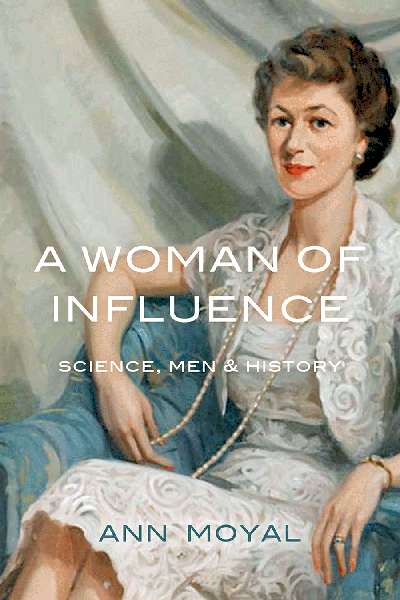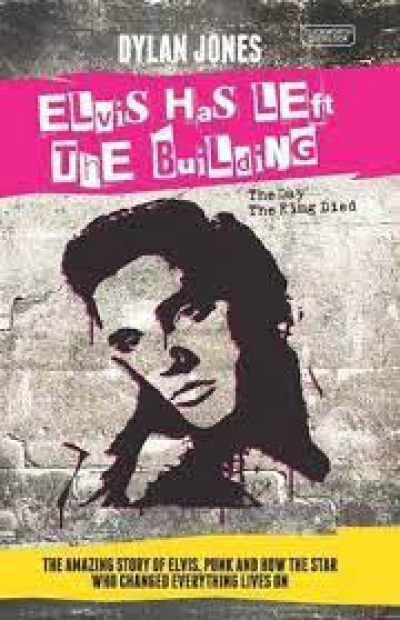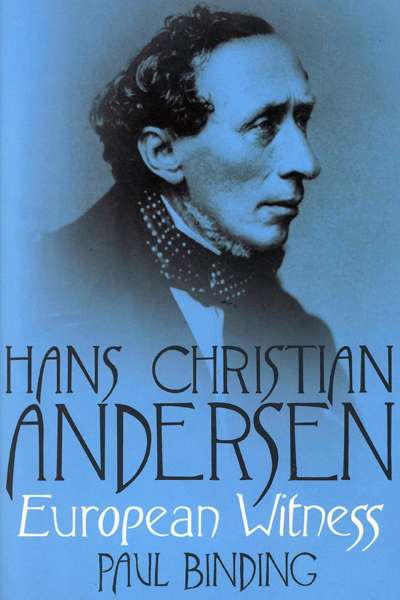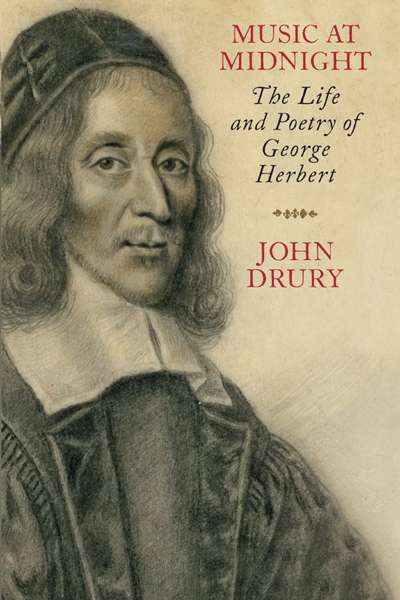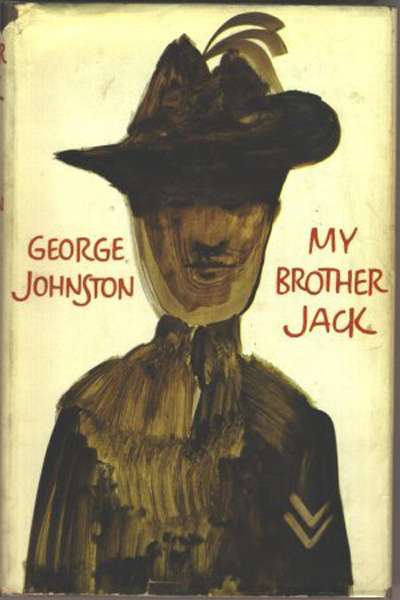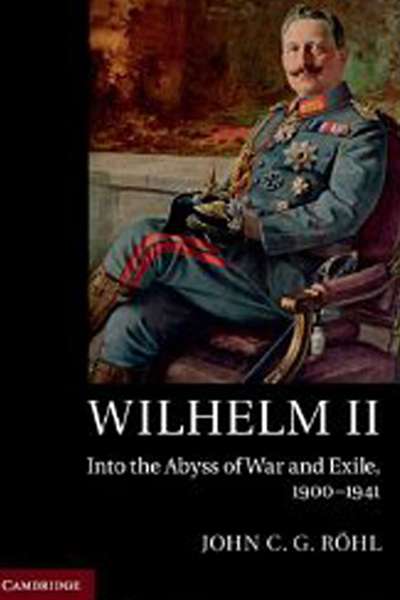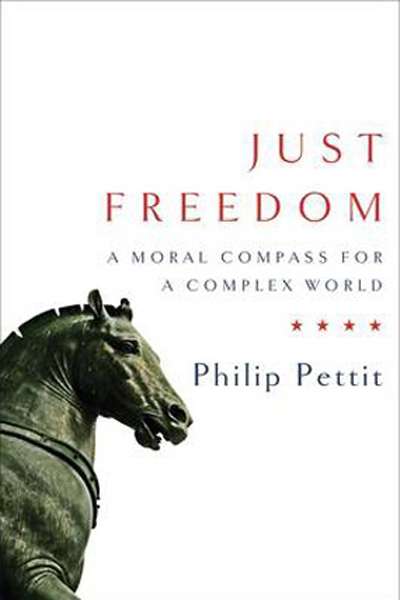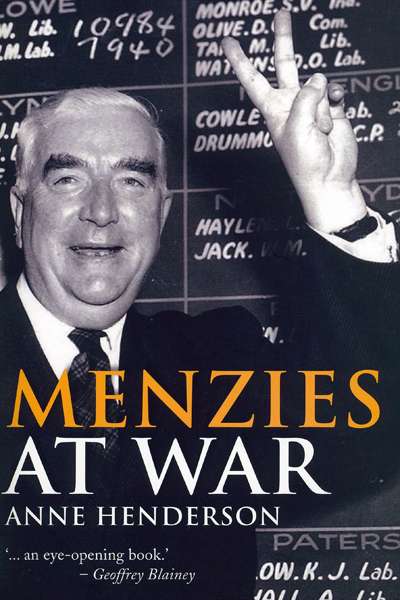Non Fiction
The Australian sweet tooth and ongoing love of cakes and desserts is evident in two recent publications. Both cover the basics as well as offering more ambitious fare; they are good places to start if this is your thing.
Phillippa Grogan’s eponymous pâtisserie in Melbourne, established in 1994, offers the type of baked goods presented in this publication: breads, cakes and biscuits, quiches and tarts, superbly made and flavoured and stylishly presented. Novel at the time, the business rapidly became a success and has since expanded considerably. As is de rigueur nowadays for cooks, the book of the shop has followed: Phillippa’s Home Baking (Lantern, $49.95 hb, 313 pp, 9781921383311), co-written with Richard Cornish. Baking, more than any other type of cookery except confectionery, requires precision and accuracy, and this is reflected in the succinct, no-nonsense style of the clearly set out recipes and introductions.
... (read more)A Woman of Influence: Science, men and history by Ann Moyal
Ann Moyal was born in 1926, so now she is heading towards her ninetieth birthday. She has already launched a work of autobiography into the world, written in her mid-sixties. But her life did not, then, ‘take a quieter turn’. On the contrary, she tells us, ‘I’d continued to spend my ageing life with passion, involvement, and intensity.’
... (read more)Australian Literary Studies, Vol. 28, no. 1-2 edited by Leigh Dale and Tanya Dalziell
This is a thoughtful and timely issue of Australian Literary Studies (ALS), one of Australia’s most substantial scholarly journals. It brings together scholars from institutions across Australia, India, and New Zealand to reflect on the state of the discipline of English in the context of a number of recent upheavals, including those directly relating to print media, including literature, which many would consider the traditional focus and matter of English. It also includes shifts in cultural literacy in the Internet age: changes in the nature of reading and the places and ways readers read; changes in school curricula; changes in the higher education sector – in response partly to changes in literacy and school education and to a rise in vocational training at both levels; to the rise of the corporate university; and to developments over the past several decades that we might think of as internal to the discipline: the critiques of syllabi and reading practices focused on canonical texts; the rise of theory; of post-colonial and feminist and minority discourse approaches; of interdisciplinary reading, and so on. The contributors to this volume address these questions in terms of debates around ‘the public humanities’: that is, defences of the traditional humanities by scholars from literary studies along with philosophers and historians in the face of attacks from the political and corporate world about the ‘relevance’ of these fields of inquiry.
... (read more)Usually the subject’s death signals the end of a biography, but for Dylan Jones it is the starting point. Three decades after his death in 1977, Elvis Presley has proven even more ubiquitous, and lucrative, than he was in life. When he died – with the official cause listed as heart failure, but a vast cocktail of drugs playing an undeniable role – his manager, ‘Colonel’ Tom Parker, declared, ‘Why, I’ll go right on managing him.’ And from there Parker helped set the template for a superstar entertainer’s posthumous success.
But that’s not all that Jones, who is Editor of GQ, is interested in here. In truth, it can be difficult to pin down just what he is trying to add to the oversaturated conversation about Presley. Elvis Has Left the Building bears the tagline ‘The extraordinary story of how the rock star who changed everything lives on’, yet Jones takes a more roundabout approach in this book. Jones is a sharp and affable writer, but the book has little in the way of sustained focus. He flits between various themes and anecdotes, and even dips in and out of autobiography.
... (read more)Hans Christian Andersen: European witness by Paul Binding
How a writer bears witness to his age is necessarily the expression of many things, not least the possibly quite peculiar nature of an author’s life. Literary works often emerge from complex upbringings, from periods of youthful isolation spent reading and writing. More still seem to have been written as a result of the fraught relationships that befall authors, perhaps because authors so often view their relationships with a degree of creative and critical distance. And yet, if a writer’s output evidences an unusual life, it also witnesses broader questions being asked by a community as a whole. At some level, even the most remarkable figures are typical of their age, and reflections of it. By the close of Paul Binding’s study of the life and works of Hans Christian Andersen (1805–75), we are reminded that extraordinary feats of originality and imagination are often the result of how unique minds enter wider discourses.
... (read more)Music at Midnight: The life and poetry of George Herbert by John Drury
Disdaining the opening moves traditionally associated with literary biography – the expected orderly progress through ancestry, parentage, birth, schooling, juvenilia – John Drury’s masterly new account of the life and poetry of George Herbert begins instead with the poem that Drury sees as Herbert’s finest work, written in mid-career, ‘Love (III)’. Herbert designed this poem as the culminating piece in the collection upon which his poetic reputation would come ultimately to rest, The Temple (1633).
... (read more)The novel begins with the burnished quality of something handed down through generations, its opening lines like the first breath of a myth. Seductive in tone and concision, charged with an aura of enchantment, the early paragraphs of George Johnston’s My Brother Jack (1964) do more than merely lure the reader into the narrative. In these sentences, Johnston reveals the conviction and control of a master storyteller who, at the outset, establishes his ambition and literary lineage:
... (read more)Wilhelm II: Into the abyss of war and exile, 1900–1941 by John C.G. Rohl
Wilhelm II, German Kaiser and King of Prussia, may be a shadowy figure for Australian readers, better known as the butt of funny-scary caricatures in British World War I propaganda or of black humour in popular soldiers’ songs, than as a political player in his own right. He remains enigmatic even for scholars. Some hand him the burden of responsibility for World War I, despite the immediate trigger being the military standoff between two other states altogether, Austro-Hungary and Serbia. Others see him as an incompetent figurehead who merely rubberstamped the territorial ambitions of the German military.
... (read more)Just Freedom: A moral compass for a complex world by Philip Pettit
In a recent Prospect interview, distinguished Princeton and ANU scholar Philip Pettit described political philosophy as a conversation around various themes. Some voices focus on power or freedom, others on democracy or the nature of the state. The conversation should extend beyond the academy, argued Pettit, to embrace public intellectuals, journalists, commentators, political scientists, activists, and government.
... (read more)Prime ministers seem to value longevity, whether it is Bob Hawke relishing the fact that he served longer than John Curtin and Ben Chifley combined, or John Howard relishing that he served longer than Hawke. But no prime minister is likely to serve as long as Robert Menzies’ sixteen years as prime minister from 1949 to 1966. His record is even more impressive when his earlier term (1939–1941) is included.
... (read more)

